Poet Vo Que, former Head of the Press Section of the General Student Association before 1975, shared that his youth was a vibrant time when he was able to join the patriotic movement of school youth. Hue was one of the centers that initiated the strong and continuous struggle movement of students, considered as a fuse, causing the patriotic movement to explode in the urban area.
In 1963, when he was 16 years old, Mr. Que began participating in the student youth movement in Quang Tri . In the fall of 1968, when he went to Hue to study in the first class of the C section of the Hue National School, he actively participated in the student struggle movement and played the role of Head of the Journalism Department of the National School.
In the memories of poet Vo Que, years have passed, but for those who lived and participated in the student movement in Hue in the 60s and 70s, those years of taking to the streets to "fight without sleep" are forever unforgettable memories. For his generation, the images of conferences, rallies, hunger strikes, sleepless nights, strikes, taking to the streets, burning American cars on the streets of Hue... demanding peace , national unification and the years in prison at Thua Phu, Chi Hoa, Con Dao... are forever heroic memories imprinted in the mind.
The urban struggle movement before 1975 had many forms, such as the movement against military school, against conscription, singing for my people, demanding improved prison conditions, demanding the right to live... Most of the movements were led by the Hue Student Union. The period from 1969 to 1972 was the period when the Hue student struggle movement was strongest and connected forces throughout the South. For the first time, the Southern Student Congress was held in Saigon and Hue. That was also the time when the movement to sing for my people began, the movement demanding the right to live... At that time, the movement was severely suppressed. On April 30, 1972, the enemy launched the Binh Minh campaign to suppress the movement in Hue, attacking the Student Union. The movement disintegrated until we signed the Paris Agreement in 1973, then it was restored. The key members of the movement were arrested, such as Le Van Thuyen - President of the Hue Student Association, Buu Chi - General Secretary of the Creative Student Association, Nguyen Duy Hien - Head of the Student Social Work Group, and also poet Vo Que - Head of the Press Section of the Student Association.
Poet Vo Que said: “I have two memories that I will always remember. The most memorable was in 1971. During the night, the Saigon government forces at that time organized a crackdown on the General Student Association (on Truong Dinh Street now). I broadcast until I vomited blood, fell into the arms of my friends and was taken to the hospital. That memory is a strong testament to the camaraderie and friendship of students in times of trouble, always standing side by side.”
The second memory is the image of the "newborn" inmates who accompanied poet Vo Que on the HQ 500 ship of the Saigon government for 5 days and 5 nights drifting on the sea without water, hungry, and smelly from Thuan An port to Con Dao in 1972. He said that on that ship there were thousands of compatriots, including newborn babies only a few months old. Also because of those images lingering in his mind, poet Vo Que composed the poem "To the newborn inmate", which has 4 lines: "The baby went to prison since the day he was not yet in the cradle / Like a baby mouse born in his mother's arms / Prison forced him to live a life of slavery / Mother taught him the lesson of his homeland".
Memories of a turbulent but heroic period entered the poet Vo Que’s poetry as a way to fight on the ideological front. Many poetry collections originated from that period, later published such as: “Remembering the gratitude of the rice plants”, “Poetry of a time on the road”, “Con Dao”, “Luc bat Con Dao” (bilingual poetry in Vietnamese and English) or the poetic drama “My blood, a sea of peace”…
In particular, another poem by poet Vo Que, “Thua Phu, my heart is a sea of fire!”, which he “conceived” during the boiling student movement in the 1970s, was very popular with young students in the South at that time. This poem was copied and read in street demonstrations and lecture halls in Saigon and Hue. After musician Nguyen Phu Yen set it to music, the poem became even more widespread. The desire for peace, the overflowing patriotism and the bright revolutionary optimism burning in the heart of young Vo Que at that time were clearly expressed through the following lines: “Tomorrow on the ferries/ There will be a student daughter crossing the river/ Her shirt flutters fragrantly on her rosy cheeks/ The flag is raised high in the wind/ Thua Phu! Thua Phu!/ My heart is a sea of fire!”.
According to poet Vo Que, in this time of peace, when we sit back and reminisce, looking back at the historical mission of the student movement, we can see the spirit of youth and the great love for the homeland. The history of resistance since then has also recorded the contributions of young students and the student movement has had a great impact on the national liberation movement.
Source






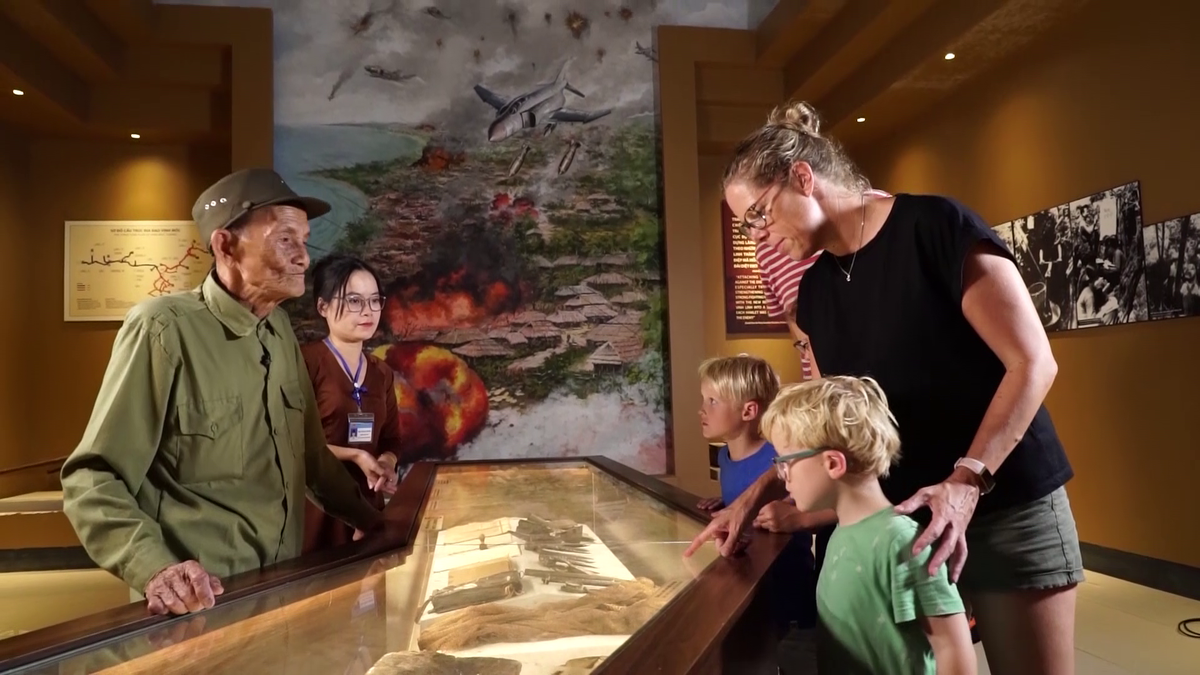

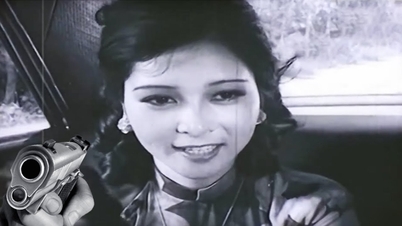




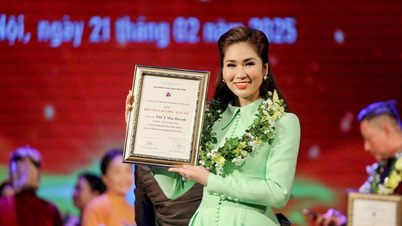
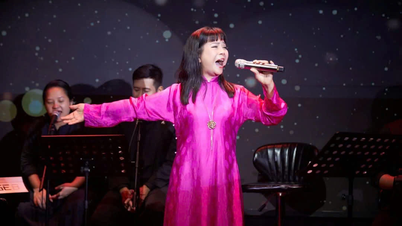
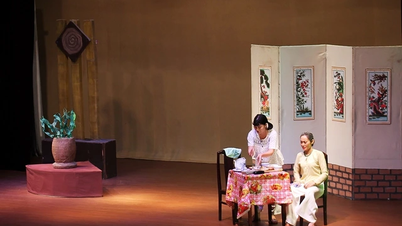




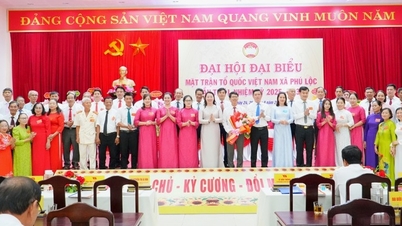
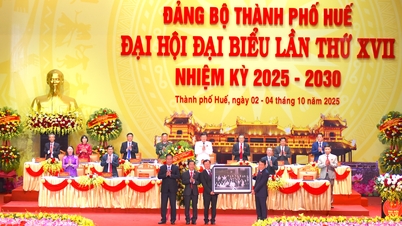
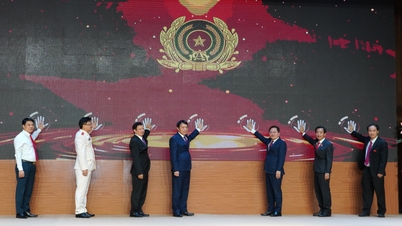
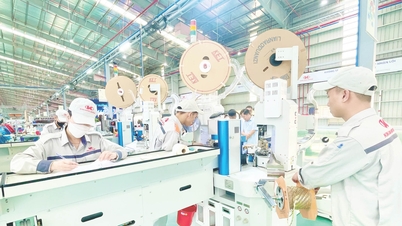

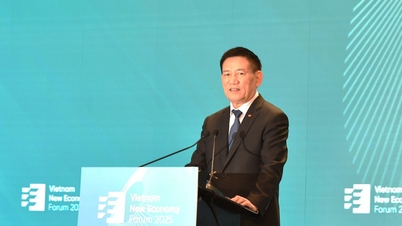

![[Photo] Binh Trieu 1 Bridge has been completed, raised by 1.1m, and will open to traffic at the end of November.](https://vphoto.vietnam.vn/thumb/1200x675/vietnam/resource/IMAGE/2025/10/2/a6549e2a3b5848a1ba76a1ded6141fae)








































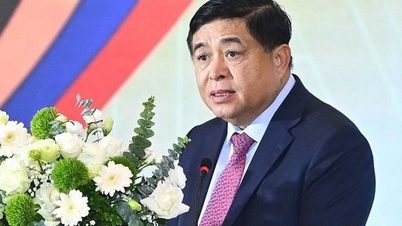
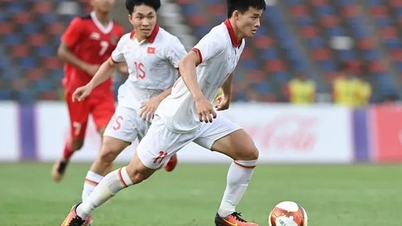

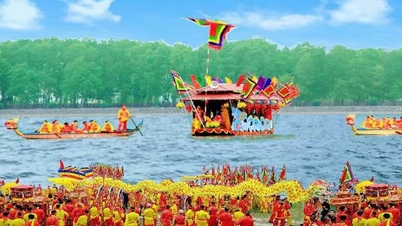
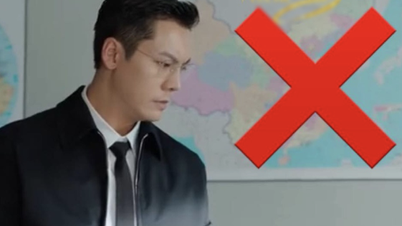
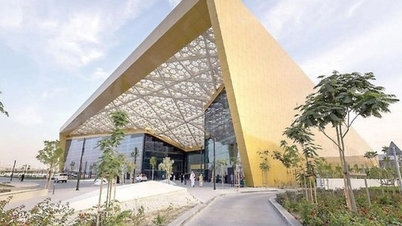
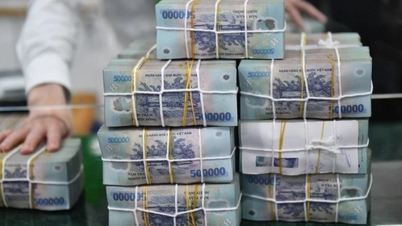



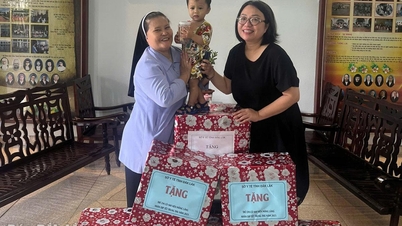

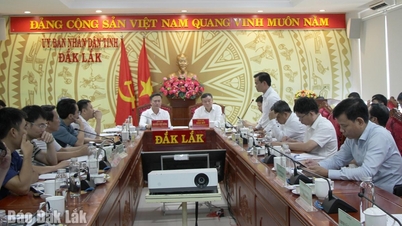


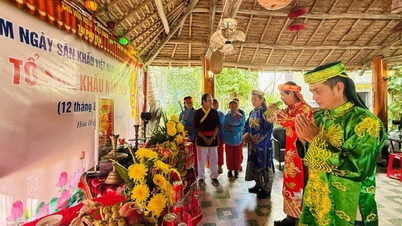











Comment (0)